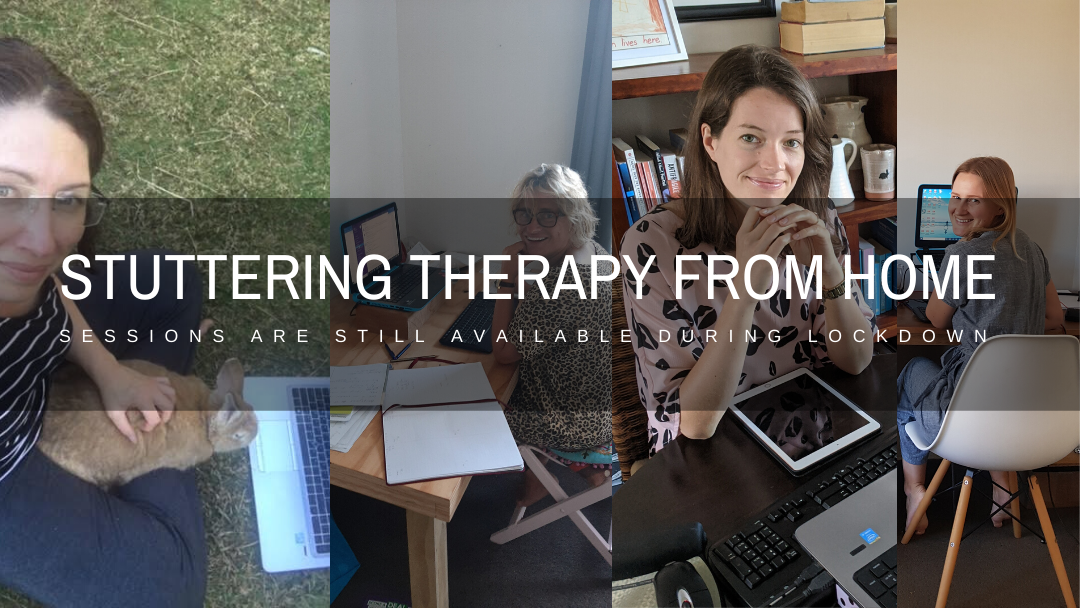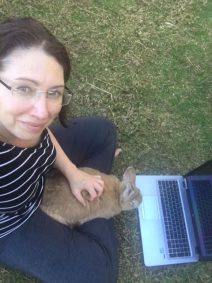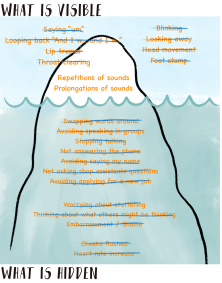To celebrate Teacher’s Day (October 5th) this year, we have a story we’d like to share with you which demonstrates the impact teachers can have on our lives. Recently, Zheen Abdullazada shared with us a pivotal moment in her teenage years that has had a lasting impact and we’d like to share it with you.
“As a little girl, I dreamt of becoming a lawyer. I was a talkative kid and my family never made me feel there was something ‘wrong’ with me so I didn’t know I had a ‘stutter’ until I started school – when peers started bullying me for something I didn’t understand.
I remember feeling like I couldn’t be a lawyer because I thought I sounded stupid and incoherent when I talked. Despite the challenges of public speaking, I didn’t shy away from raising my hand in class or giving speeches, even though my stutter made these experiences daunting. Sometimes, I would stutter for minutes on a word and my throat would physically hurt.
It wasn’t until my Year 12 English teacher, Mrs Taylor, took me aside one day and told me about START. In January 2015, when I was 16 years old, I attended a week-long course specifically for teenagers who stutter. This connected me with a group of incredible young people. Together we formed deep bonds and learnt invaluable information about stuttering and useful speech techniques that I still use to this day. I owe my accomplishments to Mrs Taylor and START – without them, I wouldn’t have the tools, confidence and support to pursue my dreams.
It’s easy for someone with a stutter to allow it to dictate their life and choices – START encourages and fosters the opposite. The course I attended at START during those important years at high school transformed my life. It taught me how to ‘manage’ my stutter instead of letting it ‘control’ me and I’ve never forgotten that it’s all thanks to Mrs Taylor for letting me know about START in the first place.
Fast forward to 2023 – I’m now 24 years old and recently graduated from the University of Auckland with a Conjoint Law and Arts Degree, double majoring in Politics and International Relations, and Criminology. I’ve just finished my professional legal studies course and I work as a litigation lawyer for a law firm in Tāmaki Makarau. I’ve recently joined the START Board as a Shadow Board Member so that I can learn how a Board works and give back to the organisation that’s given so much to me.
When I look at all of these accomplishments I’m brought back to that moment at high school where Mrs Taylor took the time to connect with me on a deeper level, and got me the help I needed – a great teacher can have a life changing impact”.

Zheen Abdullazada
We know and appreciate the impact teachers can have. With many more stories just like Zheen’s, we know how helpful supportive teachers can be in the lives of young people who stutter.
Brush up on your knowledge about stuttering and how to support students who stutter in our FREE Teachers Resource here, or check out our page specifically for teachers to learn more about stuttering here.













 Stuttering among children is far more common than among adults with approx 10% of children developing a stutter at some stage in the preschool years. However, for unknown reasons, likely linked to the still developing brain, many pre-school children naturally stop stuttering and don’t require therapy.
Stuttering among children is far more common than among adults with approx 10% of children developing a stutter at some stage in the preschool years. However, for unknown reasons, likely linked to the still developing brain, many pre-school children naturally stop stuttering and don’t require therapy. Adults who stutter are likely to have been living with their stuttering since childhood. Adults who stutter are likely to have had treatment in the past (which may or may not have been helpful). However often at significant transition points such as finishing study and applying for jobs it can be helpful to review techniques and receive support from a Speech Language Therapist.
Adults who stutter are likely to have been living with their stuttering since childhood. Adults who stutter are likely to have had treatment in the past (which may or may not have been helpful). However often at significant transition points such as finishing study and applying for jobs it can be helpful to review techniques and receive support from a Speech Language Therapist.